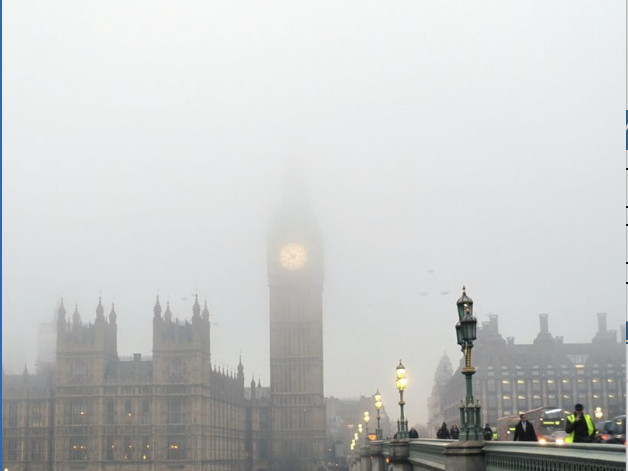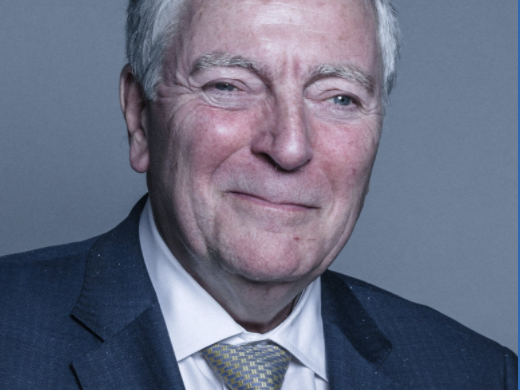BIICL June 2020
This was the first in a series of webinars on ‘Artificial Intelligence: Opportunities, Risks, and the Future of Regulation’.
In light of the COVID-19 outbreak, governments are developing tracing applications and using a multitude of data to mitigate the spread of the virus. But the processing, storing, use of personal data and the public health effectiveness of these applications require public trust and a clear and specific regulatory context.
The technical focus in the debate on the design of the applications – centralised v. decentralised, national v. global, and so on – obfuscates ethical, social, and legal scrutiny, in particular against the emerging context of public-private partnerships. Discussants focused on these issues, considering the application of AI and data governance issues against the context of a pandemic, national responses, and the need for international, cross border collaboration.
Lord Clement-Jones CBE led a conversation with leading figures in this field, including:
Professor Lilian Edwards, Newcastle Law School, the inspiration behind the draft Coronavirus (Safeguards) Bill 2020: Proposed protections for digital interventions and in relation to immunity certificates;
Carly Kind, Director of The Ada Lovelace Institute, which published the rapid evidence review paper Exit through the App Store? Should the UK Government use technology to transition from the COVID-19 global public health crisis;
Professor Peter Fussey, Research Director of Advancing human rights in the age of AI and the digital society at Essex University’s Human Rights Centre;
Mark Findlay, Director of the Centre for Artificial Intelligence and Data Governance at Singapore Management University, which has recently published a position paper on Ethics, AI, Mass Data and Pandemic Challenges: Responsible Data Use and Infrastructure Application for Surveillance and Pre-emptive Tracing Post-crisis.
The event was convened by Dr Irene Pietropaoli, Research Fellow in Business & Human Rights, British Institute of International and Comparative Law.
23rd December 2013





